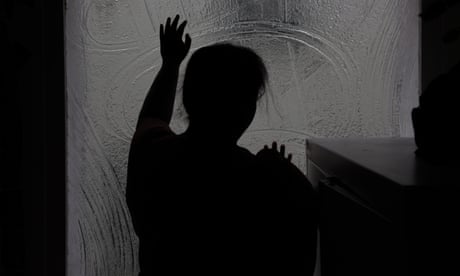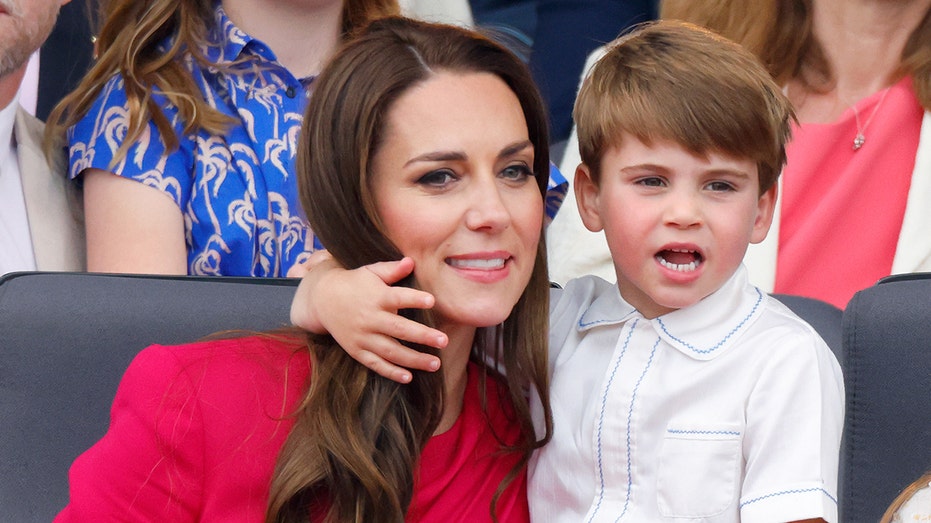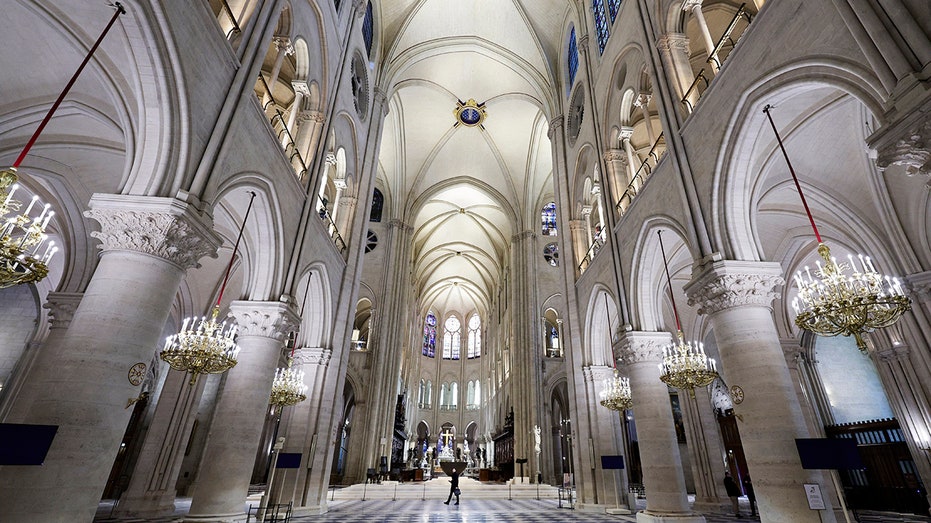- by foxnews
- 04 Feb 2025
?I was squatting?: why asylum seekers so often struggle to find secure housing
‘I was squatting’: why asylum seekers so often struggle to find secure housing
- by theguardian
- 12 Dec 2021
- in news

It took Mariah* six months to find her first rental in western Sydney.
An asylum seeker from a west African nation, she arrived in Australia in 2018 and has been living in the community on a bridging visa ever since. Initially boarding with a family, she got a job and struck out with a friend, only to discover that the rental market wanted nothing to do with her.
The pair were only able to secure a rental property by responding to an ad on Facebook Marketplace - a granny flat more than 25km west of the Sydney CBD, for $700 a fortnight. Even that was fraught.
Mariah's experience is not unique. Asylum seekers routinely experience housing insecurity, homelessness, chronic financial insecurity and the constantly looming threat of eviction from formal and informal tenancies, according to a new report from Jesuit Refugee Services and the University of Western Sydney.
The study, A Place to Call Home, involved conducting in-depth interviews with a small group of asylum seekers accessing support services in western Sydney, followed by a broader survey.
There is very little data about asylum seekers' experience of homelessness in Australia. Most of the existing research relates to those who have already had refugee status granted, says Elizabeth Conroy, senior research fellow at the Translational Health Research Institute and co-author of the report.
"We knew it was an issue. Services were telling us that trying to find housing for people was problematic," she says. "And it was certainly something that came up a lot among my clients when I was volunteering as a trauma counsellor at the Asylum Seeker Resource Centre."
The restrictive conditions of bridging visas mean many asylum seekers are not eligible to access public or community housing, or federally funded income support. The drawn out nature of the refugee status determination process means that even those who are in the "fast track" category routinely wait years for their claim to be settled.
In the meantime, real estate agents invariably knock back their rental applications because they are not permanent residents, even when they have money in their bank account, are employed in ongoing work and otherwise make a good impression.
Many have no choice but to seek off-the-books, informal or ad hoc subletting arrangements, in which permanent residents or Australian citizens agree to secure the lease in their own name, with the asylum seeker paying rent to the lessee.
These situations are routinely disempowering, with asylum seekers compromising privacy and personal safety concerns for a roof over their heads, the report found. Women often find themselves in particularly coercive situations, with the threat of violence or their housing insecurity used as a lever to induce them into relationships they do not want.
Mariah had to leave the granny flat in western Sydney when her flatmate moved states. She alone couldn't keep up with the rent. She found another house via a subletting arrangement, but then Covid hit. Mariah's visa gave her the right to work but not to access jobseeker or any other commonwealth income support schemes. Her landlord refused to reduce the rent, and she was forced to vacate again.
What followed was three months of severe hardship and very little employment. "I was squatting with friends, sleeping wherever the night met me," Mariah says. "It was very, very difficult for me at that time."
Joseph* had a similar experience. When Covid came, he was working casually in the hospitality sector and living in an off-the-lease arrangement in an apartment with a housemate. His job evaporated with the lockdowns, and consequently so did his accommodation.
A charity provided him a bed in some emergency accommodation - a small apartment that already housed five other men. Social distancing there was impossible.
"People seeking asylum are going through two different pandemics," Joseph says. "Housing and homelessness, and Covid-19 itself."
Mariah and Joseph are both concerned about coercive sexual relationships they have seen develop in the asylum seeker community as a consequence of people's experience of housing insecurity.
It is even harder for those with children, particularly single mothers, they say. Many asylum seekers are unable to access childcare support payments, but without childcare they are unable to work, which leaves them and their families extremely vulnerable.
"Asylum seekers are constrained in their ability to generate an income and live independently, and at the same time, they're excluded from support," Conroy says.
"You can't take away rights without providing support. You can't create dependency and then not even provide the support to respond to that."
The report calls for income support to be extended to asylum seekers who cannot work or who are unable to find work, as well as access to social housing and other government housing support services.
In the meantime, the toll on the asylum seeker community is heavy.
"Mental health is something that is buckling in the African community, especially people that are seeking asylum," Joseph says. "Housing and homelessness is one of the underlying factors of that.
"Asylum seekers have a valid visa to live and stay in Australia. Services that help them live a dignified life should be made applicable to them."
- by foxnews
- descember 09, 2016
Travelers flock to top religious landmarks deemed 'most Instagrammable'
Travelers visiting religious landmarks across the world may see a photo opportunity that's worthy to share on social media. Here are 10 popular spots, plus some attractions in the U.S.
read more


